E-cigarettes, hookah pens a growing issue
The new fad of students using electronic cigarettes and hookah pens on campus has plagued the halls of Cal High.
Electronic cigarettes, also known as e-cigarettes, are cigarette shaped devices with a nicotine-based liquid, vaporized and inhaled to simulate smoking tobacco.
Several brands offer the option of flavoring, called shisha. Hookah pens are very similar, but they usually have more intense flavors and can be smoked for a longer duration.
Heightened interest in these products has been reported district wide and has begun to worry Cal’s administrators.
“We received an email from the district about [the new fad], alerting us that it’s coming here,” said assistant principal Sarah Wondolowski.
Administrators have made several attempts to educate students about the rules concerning e-cigarettes and hookah pens on campus. The school’s regulations regarding such products have been announced several times during the morning bulletin.
While e-cigarettes and hookah pens can be used with or without tobacco, administrators have made it clear that these products are prohibited.
The school’s student handbook indicates that all conflicts regarding students possessing “any product containing tobacco or nicotine products” must be reported to local law enforcement.
Even students seen with them on campus will face consequences, regardless of age or whether they are using them at the moment, said Wondolowski.
The school handbook outlines that disciplinary actions for violation of this rule ranges from detention or suspension to a maximum penalty of expulsion.
Administrators have recognized that some action has been enforced, but is unable to provide details due to student confidentiality.
Most students are aware of the existence of both hookah pens and e-cigarettes on campus and understand the restrictions.
Senior Genevieve Giansante reported to have seen such products in use during brunch, and provided distaste for their usage on campus.
Junior David Law has a similar view on these products.
“They’re not as bad for you as cigarettes or weed, but I don’t think they belong on campus,” said Law.
Junior Mikhaela Santos agrees.
“It’s not OK,” said Santos. “Underclassmen are going to be influenced.”
Besides the school’s disciplinary actions, using such products have serious health consequences as well. Although many believe smoking hookah or electronic cigarettes is better than other tobacco products, the Center of Disease Control (CDC) reports that they “contain many of the same toxins… and [have] been associated with lung cancer, respiratory illness, low birth weight, and (gum) disease.”
Confirmatory research has yet to be done, and the controversy over the health risks of using these products is still debated.
“We don’t know the long term effects of inhaling the nicotine solution, all day, every day,” Thomas Brandon, head of Moffitt’s Tobacco Research and Intervention Program, told the Tampa Bay Times.
Some question why these products have become popular now.
A popular brand Blu eCigs advertises “no smoke, no ash, no smell!” among many other seemingly beneficial characteristics. Blu eCigs also boasts about an easier way to quit smoking, a healthier alternative to conventional cigarettes, a longer lasting smoke, cost-savings, more flavor options, and the freedom to smoke in more places.
Although many studies seem to corroborate Blu’s claim toward an easier way to quit smoking, many doubt their healthiness.
According to the New York Times, the Food and Drug Administration, the American Cancer Society, the American Heart Association, and the Center for Tobacco-Free Kids are among a long list of organizations that have tried to ban sales.
Because of unknown health effects, the University of California system recently banned e-cigarettes, in accordance with their already implemented smoking ban, as reported by the Contra Costa Times.
Being newly marketed in the U.S. in 2007, these products are still unregulated by the Food and Drug Administration, which may contribute to their popularity among high school students as well.
The CDC, along with many preventative organizations, is concerned that with most of the sales online, the products are open to virtually anyone with access to a computer, giving easy access to minors.
The Public Health Law Center has concerns about the “targeting of minors, via advertisements and promotions.”
The New York Times reported many state attorney generals have taken steps to protect minors. The article states that 40 of them sent a letter encouraging the FDA to pass regulations to “ensure that companies do not continue to [advertise] to our nation’s youth”.
The CDC questions the market’s agenda, and denounces their choices of flavored tobacco, including cotton candy, gummy bear, and Fruit Loop.
Although these tobacco products are still on the rise, a few attempts such as these have been made to protect minors. According to California Health and Safety Code 119405, it is illegal to sell e-cigarettes to minors. As reported by Forbes.com, even Facebook and Google don’t allow manufacturers to advertise on their sites.

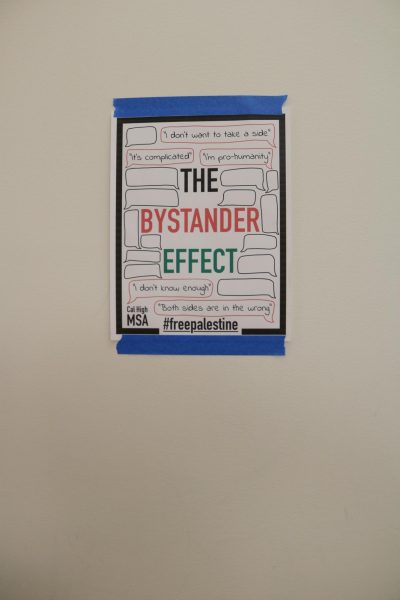
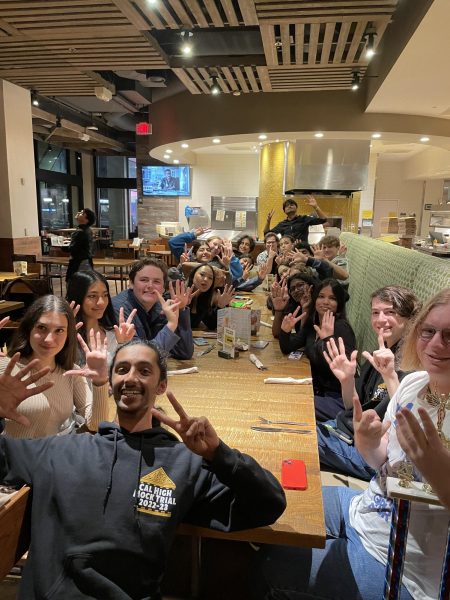

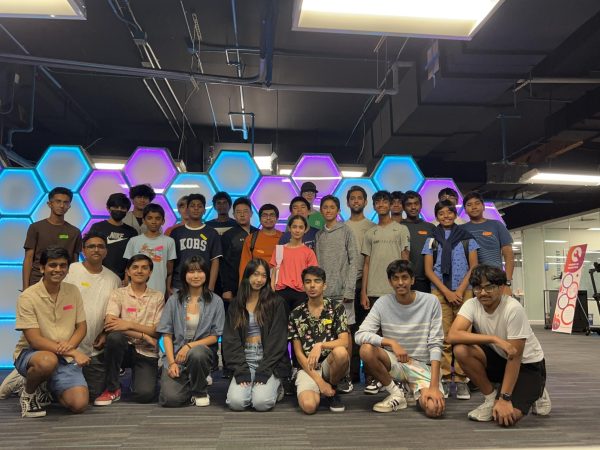
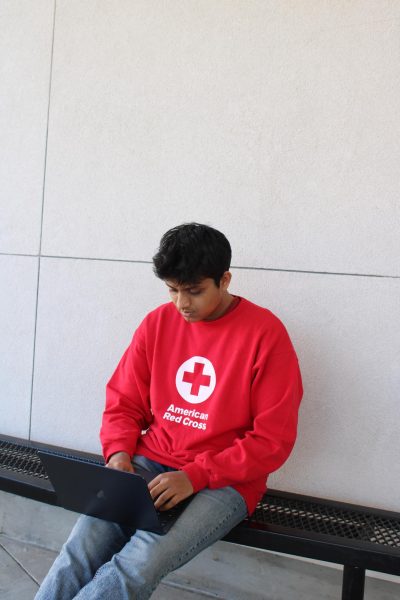
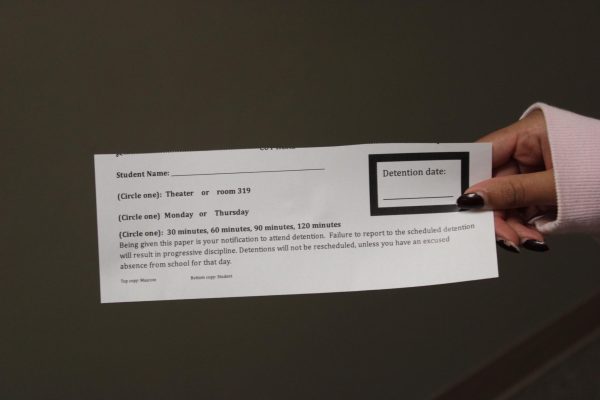


Patricia • Apr 3, 2014 at 9:30 pm
Michael, I SO agree!! I was told today from an Admin. at a Middle school, that “all the kids have them, they’re not illegal for minors to have, it’s just water vapor and can be bought from the ice cream man…” WTH!?
Michael Jaber • Nov 22, 2013 at 9:42 pm
In my opinion, hookah pens and e-cigarettes do not belong in the hands of minors. Besides the fact that it is ILLEGAL, these products are potentially harmful. Even though they are not as dangerous as weed or cigarettes, these products can lead users to use even more dangerous products. If people think it is acceptable to use these products, even worse products could become common. These products should not be brought to our school.